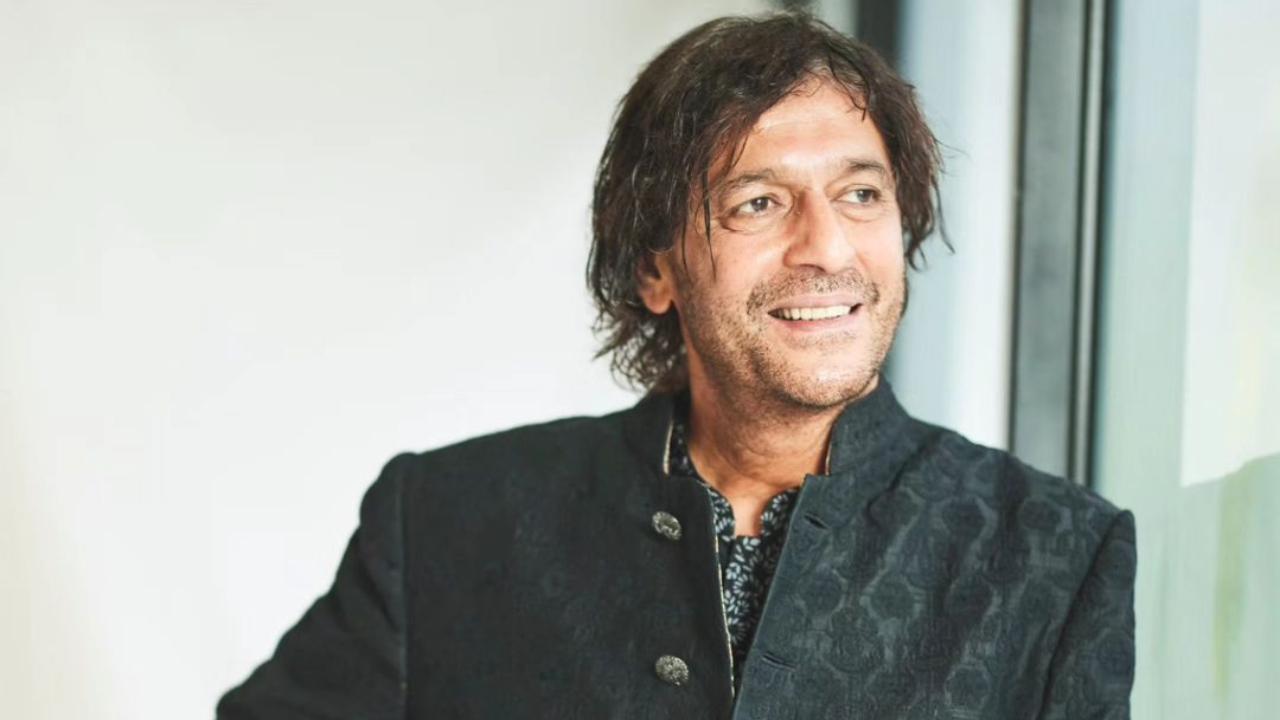
Chunky Panday, known as one of the most familiar faces in Hindi cinema, began his career in the late 1980s and rose to prominence with notable performances in multi-starrer films. Despite his affable persona and undeniable talent, the journey to sustaining stardom in Bollywood presented its own set of challenges for the actor. His trajectory took an unexpected but successful turn when he shifted gears and markets, making significant inroads into Bangladeshi cinema during the 1990s.
Chunky Panday made a noteworthy entry into the Indian film industry with his debut in the 1987 film ‘Aag Hi Aag’, which also starred Neelam Kothari. This was followed by another successful film, ‘Paap Ki Duniya’ in 1988. Both movies were multi-hero projects, a genre that saw diminishing patronage over time. As Bollywood transitioned in the 90s, the industry’s focus shifted towards romantic and action heroes. Actors like Shah Rukh Khan, Aamir Khan, Salman Khan, Akshay Kumar, Suniel Shetty, and Ajay Devgn became the new face of the silver screen, creating niche categories for themselves.
Unfortunately, Chunky Panday found himself outside these emerging leagues, struggling to fit into either the romantic or the action-hero mold. The dwindling opportunities in Bollywood led him to explore alternate avenues. “I was not getting the kind of work I wanted in Bollywood,” Chunky Panday candidly shared in a 2018 interview with IANS. “A friend of mine forced me to do a film in Bangladesh. The money was good and I was desperately in need of money at that time, so I took the offer. It was a sort of stock gamble for me. But my first film became such a huge hit that I never looked back and worked there for five years until I got married in 1998.”
This ‘stock gamble’ paid off handsomely. Not only did Chunky Panday’s first film in Bangladesh create ripples, but it also established him as one of the biggest film stars in the country almost overnight. During his five-year stint in Bangladeshi cinema, he achieved immense success and a level of fame that revitalized his acting career.
. He starred in several box-office hits, garnering a massive fan following and critical acclaim.
However, despite the flourishing career in Bangladesh, Panday always felt a tug towards his roots—Bollywood. The turning point came with his marriage to Bhavna Pandey in 1998, which prompted him to reconsider his career trajectory. His wife, Bhavna, played a pivotal role in nudging him to return to Indian cinema, arguing that Bollywood was his true identity. Speaking about his return to Bollywood, Panday reflected, “When I came back, I learnt the value of success and learnt to cherish it. I had a game plan in mind, which was not there in the beginning. Maybe I was too young. There is a tendency to blame people, but you shouldn’t. You are the creator of your success and failure.”
His career’s renaissance phase saw him experimenting with various roles, eventually leading to his iconic portrayal of ‘Aakhri Pasta’ in the ‘Housefull’ franchise. This character became a memorable part of his filmography, introducing him to a new generation of moviegoers and reinstating his prominence in Bollywood.
Aside from his individual journey, the broader context of Indian and Bangladeshi film industries also witnessed a few noteworthy developments. Historically, Indian films had a hard time getting released in Bangladesh mainly due to concerns that Bollywood blockbusters might overshadow local productions. This concern limited the crossover of Hindi films into Bangladeshi cinema. It was only recently, with Shah Rukh Khan’s ‘Pathaan’ in 2023, that a Hindi film received a proper release in Bangladesh for the first time in 50 years, despite the country’s political turmoil resulting from Prime Minister Sheikh Hasina’s resignation and subsequent departure.
Chunky Panday’s narrative is a compelling chapter in the annals of South Asian cinema, illustrating how an artist can traverse cultural and geographic boundaries to reinvent their career. His journey from Bollywood to becoming a superstar in Bangladesh and then back to Bollywood underscores the ebbs and flows of an actor’s life. Today, Chunky Panday stands as a testament to resilience and adaptability, epitomizing how opportunities can often arise from the unlikeliest of sources.












